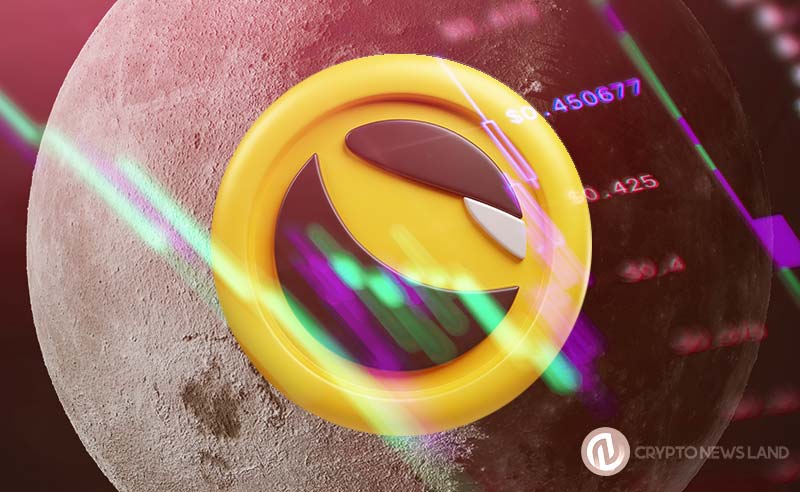- LUNC proposal aims to split burn tax equally for Community and Oracle pools.
- Implementation cost estimated at $3600, completion in 56 hours.
- Validator support is at 99.97%, yet some top validators are undecided.
The Terra Luna Classic (LUNC) community is currently engaging in a crucial vote regarding a significant modification to the burn tax distribution. The proposal, initiated by developer Frag of Genuine Labs, aims to adjust the current structure to better support long-term staking rewards for validators and the community.
Details of the Revised Distribution Plan
Under the existing structure, a 0.5% burn tax is levied, with 80% dedicated to token burning and the remaining 20% split between the community pool and validator rewards. The new proposal advocates for an equal split of 10% each for the Community and Oracle pools, which marks a strategic shift in how burn tax revenues are utilized, promoting a more sustainable reward system for long-term staking.
Frag’s comprehensive plan includes technical enhancements such as updates to the ante handler and various system parameters, along with rigorous testing phases. The anticipated timeline for complete implementation is set at 56 hours from approval, costing an estimated $3600 in LUNC. This swift action plan is poised for a mid-July execution, provided it garners the necessary support.
Community and Market Response
The proposal has received near-universal support from validators, evidenced by a staggering approval rate of 99.97%. Prominent validators like Interstellar Lounge and JESUSisLORD have voiced their endorsement, although some top validators remain non-committal at this stage. Meanwhile, the broader market has reflected a downturn, with LUNC prices dropping by 2% amidst a general selloff, though trading volumes indicate a rise in activity possibly linked to market reactions to the proposal.
This pivotal vote represents a forward-looking approach to governance and economics within the Terra Luna Classic ecosystem. By realigning the burn tax distribution, the community is laying the groundwork for enhanced validator incentives and robust staking frameworks, ensuring the longevity and stability of the network amidst fluctuating market conditions.

